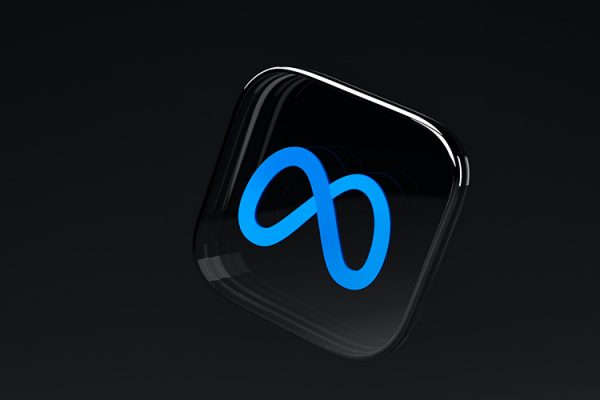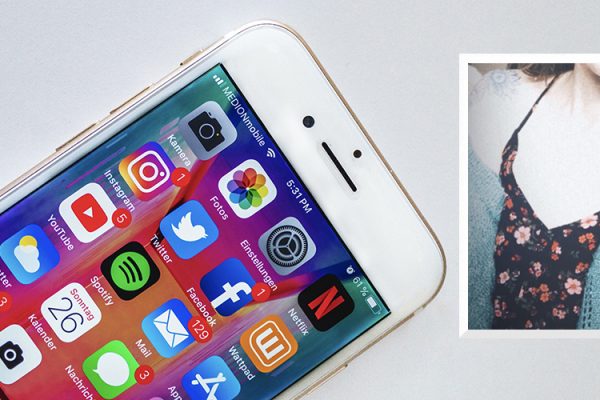Security junkies, as well as semi-aware ordinary people who maybe’ve recently been binge watching “You” on Netflix while super sick for the past week, rejoice! There’s a new lil’ bonus included in the latest version of WhatsApp on iOS.
If you’ve updated, you’ll notice a new setting at the bottom of the WhatsApp Privacy menu. This setting enables users to activate biometric authentication within the app. That’s right — WhatsApp users on iOS can now utilize Apple’s biometrics for an extra layer of security.
According to Tech Crunch, “While WhatsApp makes use of the respected Signal Protocol to protect users’ comms via end-to-end encryption, the best encryption in the world can’t offer any protection if a person gains possession of your unlocked device, as they can just open the app and read everything in plain text.”
I mean… yes. Yes! Yikes.
TechCrunch stated that “the lack of a native lock option in WhatsApp has been a rather big security oversight — but one the messaging giant has at least now rectified on iOS.”
Turn On Face ID! Here’s How
Under the new setting in WhatsApp’s Privacy menu, which is called “Screen Lock,” you can tap through to a second menu. You are then presented with the option to require either your facial biometric (Face ID) or your fingerprint to unlock the app.
To activate the change, which is built into version 2.19.20 of the WhatsApp iOS app, tap Settings > Account > Privacy > Screen Lock.
Once you’re on the Screen Lock screen, the app shows the available authentication methods — either Face ID or Touch ID — that you can enable to lock your WhatsApp. Wording varies depending on your phone, but it’s all conveying the two aforementioned options. You can also choose whether you want the biometric authentication requirement to happen immediately or after an interval of one minute, 15 minutes or an hour.
But Why Still No Native Passcode, WhatsApp?
There’s still no option in WhatsApp to add any kind of passcode, which – again, after watching “You” – might actually be the true super security option. There are add-ons that you can get to passcode protect your WhatsApp though, but those have their own set of issues.
According to TechCrunch, various third-party apps can be downloaded and used to require a passcode before apps in general (not just WhatsApp) can be opened. These “after market” options are nice, but a native passcode option in WhatsApp would increase accessibility — everyone would have what was embedded in the app from the get go — and shrink potential security concerns about using third-party downloads. Those always seem to turn out to be disasters in the end.
Either way, get those biometric settings going!
—
Erika is a sex positive people watcher (and writer). Email her at erika@ynotcam.com.
Dan Humphrey has upped his game from “Gossip Girl” to murder-stalker in “You” — meep!










